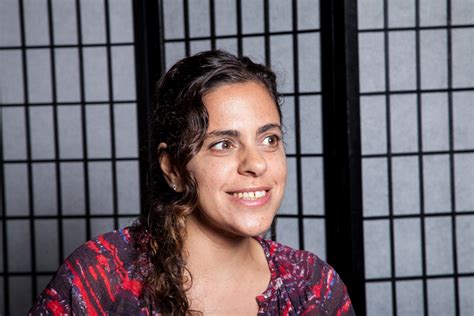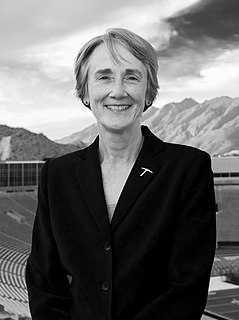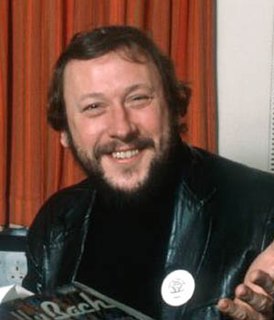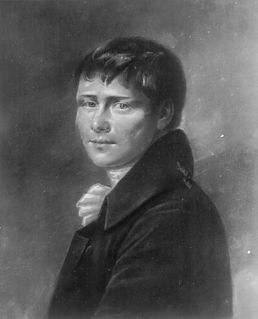A Quote by Ai Weiwei
The idea to use backpacks came from my visit to Sichuan after the earthquake in May 2008. During the earthquake many schools collapsed. Thousands of young students lost their lives, and you could see bags and study material everywhere. Then you realize individual life, media, and the lives of the students are serving very different purposes. The lives of the students disappeared within the state propaganda, and very soon everybody will forget everything.
Quote Topics
After
Bags
Came
Collapsed
Could
Different
Disappeared
Earthquake
Everybody
Everything
Everywhere
Forget
Forget Everything
Idea
Individual
Individual Life
Life
Lives
Lost
Many
Material
May
Media
Propaganda
Purposes
Realize
Schools
See
Serving
Soon
State
Students
Study
Then
Thousands
Use
Very
Visit
Will
Within
Young
Young Students
Related Quotes
Students at residential universities often live together and spend time on activities that aren't connected with the university. Then, should the university's rules about sexual consent extend to students' private lives? In my book, I argue that these narrow rules should extend to students' private lives no matter what or where they happen to be conducting those lives. The logic is that sexual assault is a form of discrimination and denies the victim an equal education. The point of university life is to get that diploma and nothing should stand in the way.
Unlike many graduate fellowships, the Rhodes seeks leaders who will 'fight the world's fight.' They must be more than mere bookworms. We are looking for students who wonder, students who are reading widely, students of passion who are driven to make a difference in the lives of those around them and in the broader world.
The American Federation of Teachers has a long track record of working with administrators, parents, and communities to provide real help to struggling students and low-performing schools. We've learned that intensive interventions, proven programs, and adequate resources can transform students' lives and their schools.
When I was in Wuhan, I went to the art school, which was one of the most important art schools in China, an enormous art school. One of the things that I saw is that the schools are very big and there are so many students. It is very difficult to me to teach creative activity to great numbers of people, because I think you need personal contact with students, you need to speak individually, you need individual contact between teachers and students, you need continuity. To me this is a problem in mass education in every society now.
Public education for some time has been heavily focused on what curricula we believe will be helpful to students. Life-Enriching Education is based on the premise that the relationship between teachers and students, the relationships of students with one another, and the relationships of students to what they are learning are equally important in preparing students for the future.
The impact of the earthquake on mental health was huge and unimaginably deep in people's lives. Some lost all benchmarks and references because of their great loss, we still have people coming to clinics with mental health problems related to the earthquake. They talk about the earthquake, about being under the rubble.
I was born 50 years after slavery, in 1913. I was allowed to read. My mother, who was a teacher, taught me when I was a very young child. The first school I attended was a small building that went from first to sixth grade. There was one teacher for all of the students. There could be anywhere from 50 to 60 students of all different ages.
In Santiago, the capital of the kingdom of Chile, at the moment of the great earthquake of 1647 in which many thousands lost their lives, a young Spaniard called Jeronimo Rugera was standing beside one of the pillars in the prison to which he had been committed on a criminal charge, and he was about to hang himself.






































